If you’ve found yourself wondering where Pleasant Hill’s housing market is headed, you’re not alone. Whether you’re considering buying, selling, or simply curious about what makes this area stand out, it helps to have clear, straightforward information. I know how important it is to feel confident as you explore your options, especially with so much at stake for investors, homeowners, and those relocating. What if you could spot opportunities that others overlook? Would understanding local trends help you make smarter choices this year? Let’s take a close look at the facts, figures, and features shaping Pleasant Hill in 2025.
Key Takeaways
- The Pleasant Hill housing market continues to offer steady price growth and strong demand from families, professionals, and investors.
- Buyers face limited inventory in Pleasant Hill, making pre-approval and readiness to act quickly essential for success.
- Top-rated schools, commuter convenience, and vibrant community life make Pleasant Hill especially appealing for homebuyers.
- Move-in-ready homes and modest upgrades attract the most attention, leading to competitive offers and faster sales.
- Investors and absentee owners benefit from Pleasant Hill’s stable occupancy rates and lasting property values.
- Sustainable features and energy-efficient home upgrades are increasingly important in the Pleasant Hill housing market.
Overview of the Pleasant Hill Housing Market
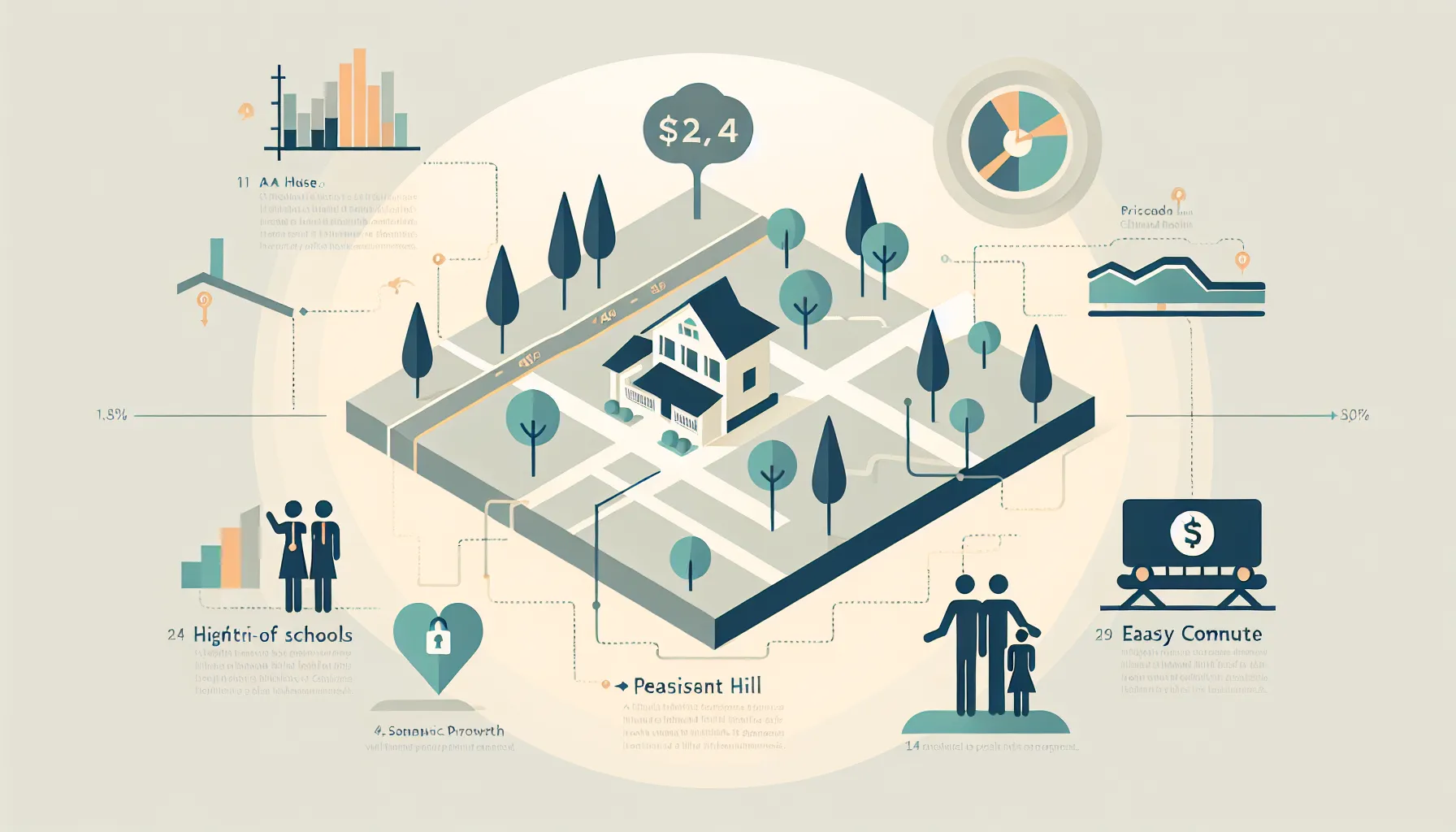
Pleasant Hill has become a sought-after area in Contra Costa County, appreciated for its balance of tranquil neighborhoods and convenient access to urban amenities. Over the past few years, local real estate has reflected strong demand from families, professionals, and investors alike.
I’ve noticed a shift toward more stable price growth, with fewer dramatic swings compared to some neighboring markets. Pleasant Hill’s appeal lies in its well-ranked schools, picturesque parks, and the comfort of tree-lined streets. Transport links, like proximity to BART and key highways, make it especially attractive for commuters working in the Bay Area.
My clients often say what draws them to Pleasant Hill goes beyond numbers: it’s the sense of community, safety, and lifestyle. Even with changes in the broader housing market, Pleasant Hill remains a solid choice for those seeking both value and quality of life.
Current Home Prices and Inventory
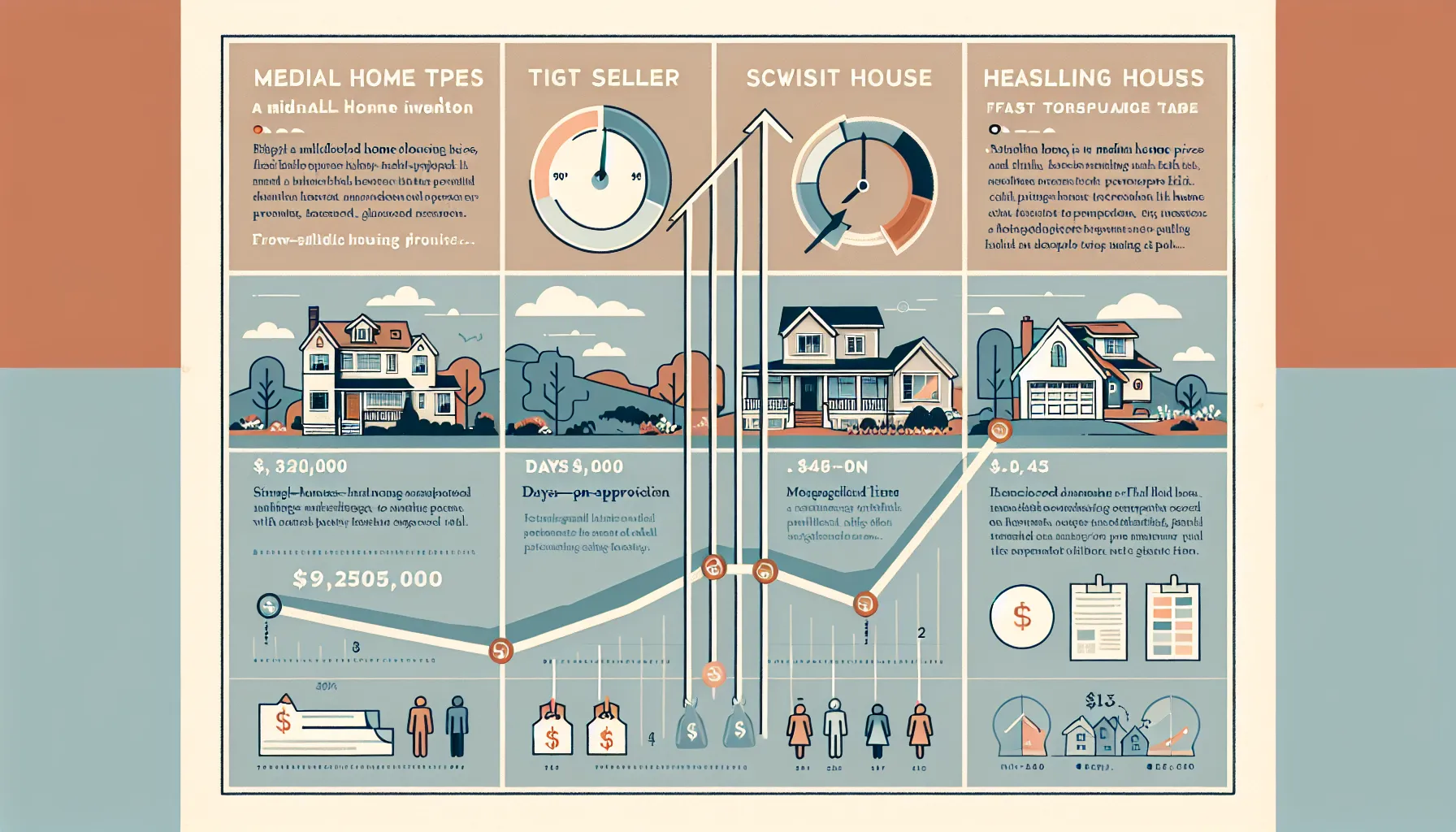
Home prices in Pleasant Hill have seen a gradual rise as we move into 2025, but the pace has moderated compared to the post-pandemic surge. The median sale price for a single-family home hovers around $925,000, a figure that puts the area in line with other established communities in the East Bay.
Inventory levels are still relatively tight. Most listings receive interest quickly, with well-priced homes often going pending in under three weeks. Condos and townhomes offer more affordable entry points, but competition there remains high, too. What I’ve observed is that sellers usually achieve strong returns, while buyers need to be ready to act fast when the right property appears.
Right now, move-in-ready homes, those with updated kitchens, bathrooms, and curb appeal, get the most attention. If you’re planning to sell soon, even modest upgrades can make your home stand out. And if you’re buying, being pre-approved and flexible with your search makes a difference.
Key Market Drivers in Pleasant Hill
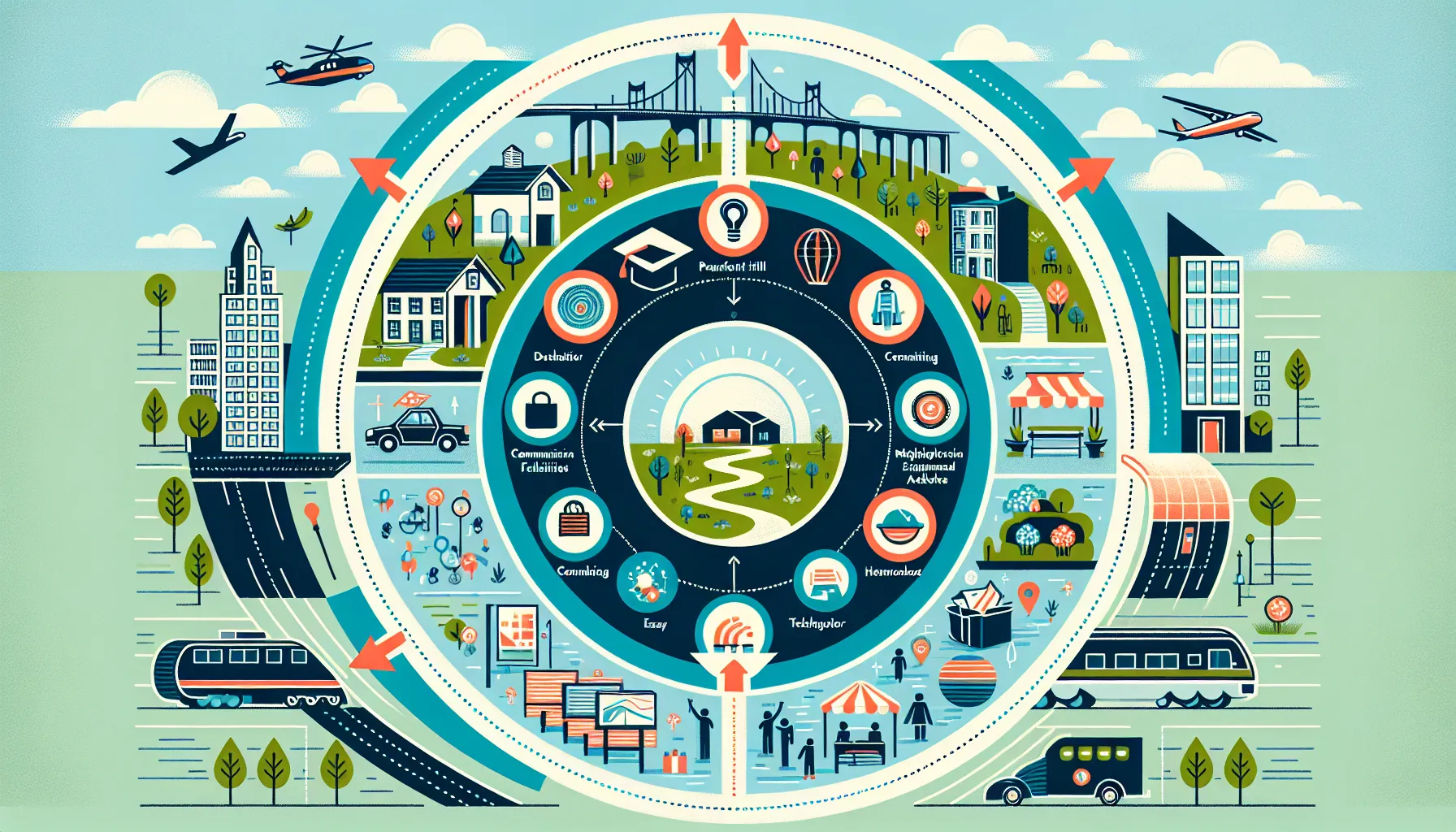
Why does Pleasant Hill continue to hold its appeal in a competitive market? A few key factors jump out for me every time I help a client here:
- Top-rated Schools: Access to respected public schools draws families who want stability and options for their children.
- Commuter Convenience: With BART stations nearby and instant freeway access, the daily grind isn’t so tough.
- Outdoor Spaces: Beautiful parks, like Paso Nogal and Pleasant Hill Park, offer room to breathe and relax.
- Stable Employment: Tech, education, and healthcare jobs are plentiful in the region, supporting steady local demand.
Another detail that shouldn’t be overlooked is Pleasant Hill’s strong sense of neighborhood pride and participation. Block parties, farmers markets, and volunteer groups help newcomers feel right at home. This community atmosphere encourages long-term homeownership, supporting lasting property values for both owners and real estate investors.
Neighborhoods and Community Features
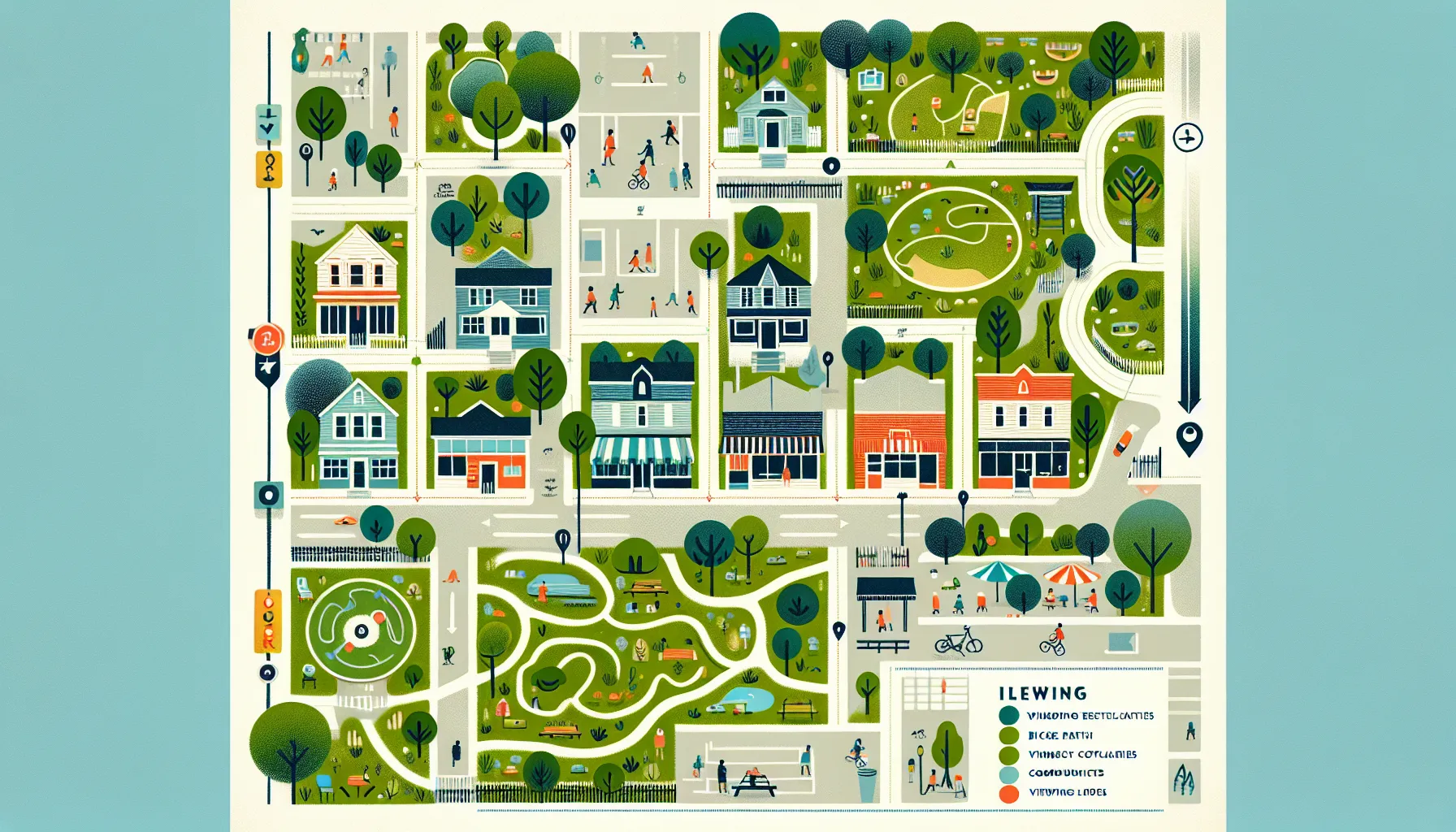
Pleasant Hill offers a diversity of neighborhoods, each with its own personality. If you like mature trees and generous yards, Gregory Gardens or Poet’s Corner might catch your eye. For those seeking something walkable with shops and dining right outside the door, Downtown Pleasant Hill has become a lively hub.
I’ve guided clients through homes in areas like Valinda Park, where quiet streets are lined with mid-century properties, and Ridgeview, which boasts hillside views and a more private feel. Many buyers ask about access to green space, and in Pleasant Hill, most homes are just minutes from parks, bike trails, and playgrounds.
Beyond housing alone, Pleasant Hill’s library, recreational programs, and annual events contribute to a welcoming environment. It’s not uncommon for families to stay here for generations. That sense of belonging can make all the difference, especially for newcomers searching for somewhere to put down roots.
Buying and Selling in Today’s Market
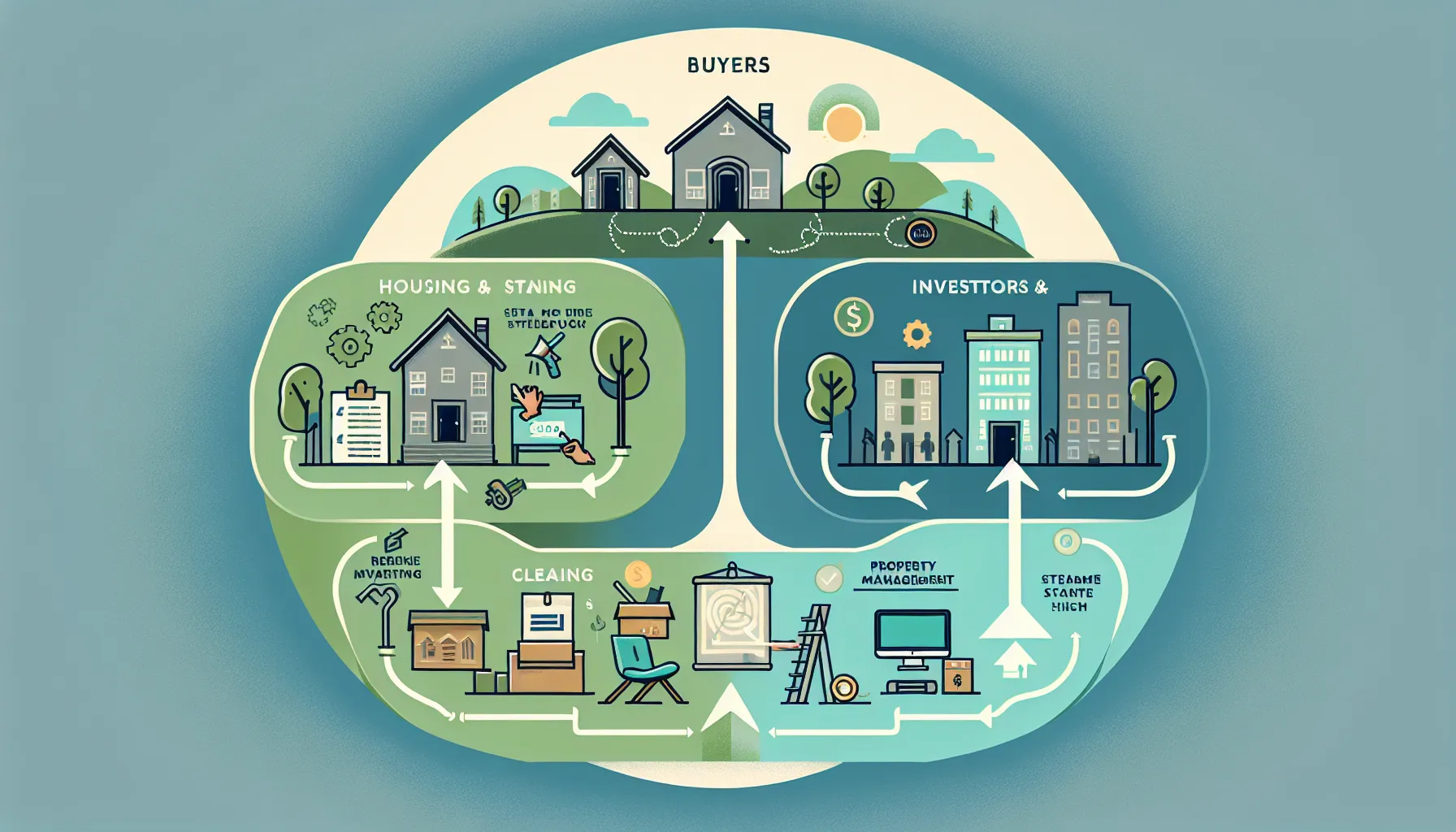
Right now, timing and preparation matter more than ever. If you’re thinking of buying, my advice is to clarify your priorities early and secure financing before you shop. The pace can be swift, but with the right plan, you don’t have to feel rushed or stressed. I encourage buyers to tour homes quickly and trust their instincts. If you have questions about local inspection practices, disclosures, or offers, don’t hesitate to ask, I’m here to help demystify the process.
For sellers, presentation is everything. Clean, depersonalize, and stage your space so buyers can visualize themselves living there. Pricing realistically based on the latest comparable sales helps generate attention from qualified buyers. In my experience, homes that are priced correctly and marketed professionally stand out even in busy months.
Investors and absentee owners benefit from local property management expertise. I work with people who want to retain their investment and enjoy peace of mind, even if they’ve moved out of the area. Handling rentals, maintenance, and tenant needs lets owners focus on what matters most to them.
Future Outlook for Pleasant Hill Real Estate
Looking ahead, I expect the Pleasant Hill housing market will continue to show resilience. Local job opportunities and excellent schools remain steady draws. Inventory may loosen a bit if interest rates level out, offering more choices for buyers in late 2025.
Longer-term, homes that combine sustainable features, energy efficiency, drought-tolerant landscaping, are likely to shine. Buyers want spaces that are practical and comfortable for the way we live now. Investors keeping an eye on Pleasant Hill should feel confident in the area’s track record for strong occupancy rates and sustained demand.
No one can predict every twist or turn. Still, the basics hold: people want safe neighborhoods, reliable amenities, and solid investment opportunities. Pleasant Hill delivers on all three.
Conclusion
As I reflect on Pleasant Hill’s housing market, I see a community where opportunity and quality of life go hand in hand. Whether you’re searching for a place to live or looking to grow your real estate investments, Pleasant Hill rewards those who pay attention to its steady trends and local character.
Are you ready to take the next step? With the right support and information, you can approach your real estate decisions here with confidence. If you have questions or want guidance choosing the right neighborhood, I’m here to help you chart your best path forward.
Frequently Asked Questions About the Pleasant Hill Housing Market
What are the main factors driving the Pleasant Hill housing market in 2025?
The Pleasant Hill housing market is driven by top-rated schools, commuter convenience to the Bay Area, plentiful outdoor spaces, and a strong sense of community. These factors ensure continued demand from families, professionals, and investors.
How much does a typical home cost in Pleasant Hill right now?
As of 2025, the median sale price for a single-family home in Pleasant Hill is around $925,000. Condos and townhomes provide more affordable options but remain competitive due to tight housing inventory.
Is now a good time to buy or sell a home in Pleasant Hill?
Yes, Pleasant Hill’s housing market remains stable, with gradual price growth. Sellers can achieve strong returns with well-prepared homes, while buyers need to be ready for swift competition, especially on move-in-ready properties.
What makes Pleasant Hill different from nearby East Bay areas?
Pleasant Hill stands out for its blend of tranquil neighborhoods, great schools, and easy access to BART and major highways. The community spirit, frequent local events, and well-maintained parks also set it apart from neighboring markets.
How can I get the best deal in the Pleasant Hill housing market?
To secure the best deal, buyers should get pre-approved for financing and act quickly on desirable listings. For sellers, staging and pricing based on recent comparable sales can attract more qualified buyers and maximize your home’s value.
Are sustainable and energy-efficient homes popular in Pleasant Hill?
Yes, homes featuring sustainable upgrades and energy-efficient designs are increasingly sought after in Pleasant Hill. Buyers value drought-tolerant landscaping and eco-friendly improvements, which are expected to enhance property appeal going forward.
